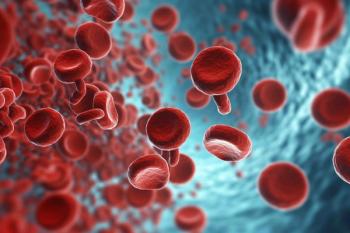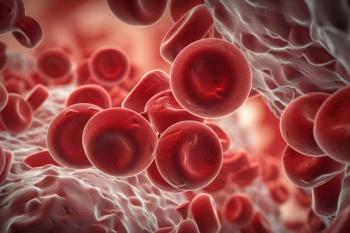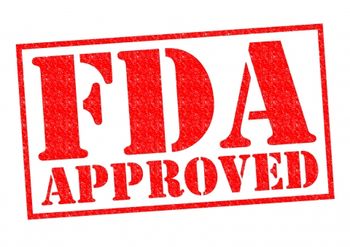
Epcoritamab-bysp showed a 69% objective response rate and 62% complete response rate in older patients with large B-cell lymphoma who were ineligible for anthracycline-based therapy.

Epcoritamab-bysp showed a 69% objective response rate and 62% complete response rate in older patients with large B-cell lymphoma who were ineligible for anthracycline-based therapy.

Developers anticipate releasing full efficacy results from the phase 2 THIO-101 trial later this year.

Those with chronic graft-versus-host-disease who have received allogeneic hematopoietic stem cell transplant (alloHSCT) may experience enhanced graft-versus-leukemia effects, thus producing a lower relapse rate in acute myeloid leukemia.

Treatment with blinatumomab or inotuzumab ozogamicin particularly confers higher total costs for patients with relapsed/refractory B-cell acute lymphoblastic leukemia.

Data from a retrospective study spotlight a need for more effective first-line and second-line clinical management strategies to improve outcomes in patients with lower-risk myelodysplastic syndrome.

Patients with extensive-stage small cell lung cancer (ES-SCLC) who receive trilaciclib appear to experience lower rates of hematologic adverse effects than those who are not treated with the agent.

Only patients with PD-L1–positive tumors may receive treatment with pembrolizumab plus trastuzumab and chemotherapy for HER2-positive gastric or gastroesophageal junction adenocarcinoma following the FDA’s amendment.

Elevated white blood cell counts also appear to correlate with shorter overall survival in patients receiving standard induction chemotherapy plus cytarabine for acute myeloid leukemia.

Findings from the phase 2 ALYCANTE trial support axicabtagene ciloleucel as a second-line treatment for patients with relapsed/refractory (R/R) large B-cell lymphoma who are ineligible to undergo a transplant.

Characteristics including Ogata score and phenotypic aberrancies may correlate with mutational patterns that are predictive of treatment response in patients with myelodysplastic syndrome.

Combination treatment with cabozantinib and atezolizumab did not produce any new safety signals in the treatment of those with metastatic castration-resistant prostate cancer in the phase 3 CONTACT-02 trial.

A meta-analysis found that the use of magnetic resonance–guided daily adaptive stereotactic body radiotherapy (SBRT) correlated with fewer acute grade 2 or higher gastrointestinal (GI) or genitourinary (GU) toxicities compared with CT-guided non-adaptive SBRT in patients with prostate cancer.

The FDA companion diagnostic designation for FoundationOne CDx may improve access to niraparib/abiraterone acetate for eligible patients with metastatic castration-resistant prostate cancer (mCRPC) harboring a BRCA mutation.

Investigators will submit data from the phase 3 ENHANCE trial evaluating magrolimab plus azacitidine in higher-risk myelodysplastic syndromes for presentation at a future medical meeting.

Following safety reports of bleeding events after treatment with upifitamab rilsodotin among patients with platinum-sensitive ovarian cancer, the FDA places a partial clinical hold on enrollment for the UP-NEXT and UPGRADE-A trials.

Published: October 13th 2023 | Updated:

Published: December 8th 2023 | Updated:

Published: November 23rd 2023 | Updated:

Published: December 22nd 2023 | Updated:

259 Prospect Plains Rd, Bldg H
Cranbury, NJ 08512
© 2025 MJH Life Sciences®
All rights reserved.
